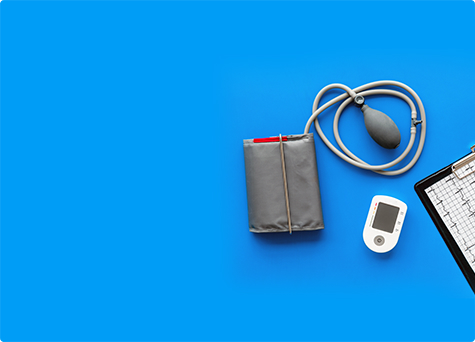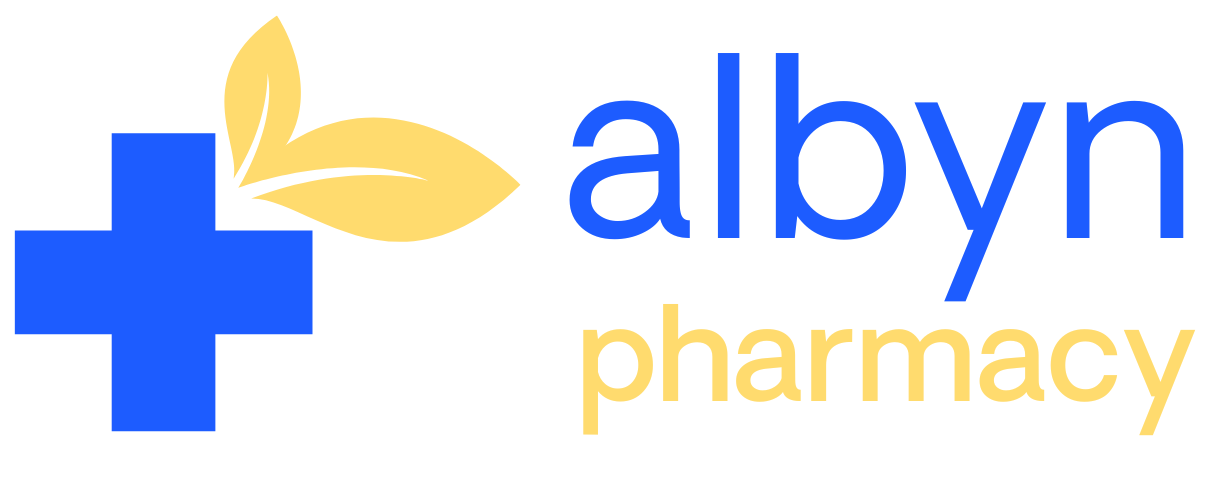Blood Pressure Testing
All adults should have their blood pressure checked at least every five years. If you haven’t had yours measured, or you don’t know what your blood pressure reading is, ask your GP to check it for you.
What is high blood pressure?
Blood pressure measures how strongly blood presses against the walls of your arteries (large blood vessels) as it is pumped around your body by your heart. If this pressure is too high it puts a strain on your arteries and your heart, which makes it more likely that you will suffer a heart attack, a stroke or kidney disease.
Blood pressure is measured in as mmHg and is recorded as two figures:
- systolic pressure: the pressure of the blood when your heart beats to pump blood out
- diastolic pressure: the pressure of the blood when your heart rests in between beats
For example, if your GP says your blood pressure is ‘140 over 90’, or 140/90mmHg, it means you have a systolic pressure of 140mmHg and a diastolic pressure of 90mmHg.
You are said to have high blood pressure (medically known as hypertension) if readings on separate occasions consistently show your blood pressure to be 140/90mmHg or higher.
A blood pressure reading below 130/80mmHg is considered to be normal.
Who is most at risk?
Your chances of having high blood pressure increase as you get older. There is often no clear cause of high blood pressure but you are at increased risk if you:
- are overweight
- have a relative with high blood pressure
- are of African or Caribbean descent
- eat a lot of salt
- don’t eat many fruit and vegetables
- don’t do enough exercise
- drink a lot of coffee (or other caffeine-based drinks)
- drink a lot of alcohol
- are aged over 65
If you fall into any of the groups listed above, you should consider making changes to your lifestyle to lower your risk of high blood pressure. You should also consider having your blood pressure checked more often, ideally once a year.
Prevention and treatment
You can take effective steps to prevent high blood pressure by:
- losing weight if you need to
- exercising regularly
- eating a healthy diet
- cutting back if you drink a lot of alcohol
- stopping smoking
- cutting down on salt and caffeine

